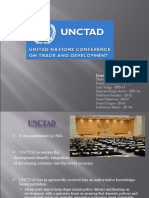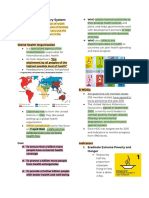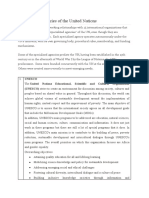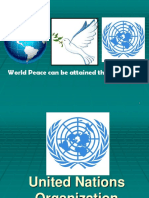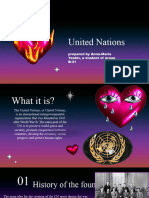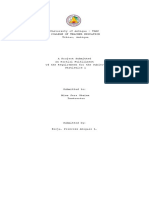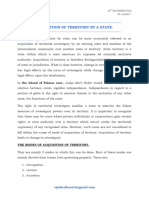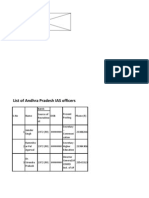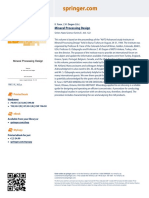0% found this document useful (0 votes)
14 views21 pagesUNDP Study Guide Structure
The document discusses the challenges faced by poor communities in developing countries due to rising inflation, exacerbated by global crises such as the war in Ukraine and the COVID-19 pandemic. It highlights the role of the UNDP in addressing poverty through various programs and emphasizes the need for national policies to prioritize poverty eradication. The document also outlines the current economic outlook, including the impact of inflation on living standards and the importance of targeted fiscal support for vulnerable populations.
Uploaded by
AnshCopyright
© © All Rights Reserved
We take content rights seriously. If you suspect this is your content, claim it here.
Available Formats
Download as PDF, TXT or read online on Scribd
0% found this document useful (0 votes)
14 views21 pagesUNDP Study Guide Structure
The document discusses the challenges faced by poor communities in developing countries due to rising inflation, exacerbated by global crises such as the war in Ukraine and the COVID-19 pandemic. It highlights the role of the UNDP in addressing poverty through various programs and emphasizes the need for national policies to prioritize poverty eradication. The document also outlines the current economic outlook, including the impact of inflation on living standards and the importance of targeted fiscal support for vulnerable populations.
Uploaded by
AnshCopyright
© © All Rights Reserved
We take content rights seriously. If you suspect this is your content, claim it here.
Available Formats
Download as PDF, TXT or read online on Scribd
/ 21


